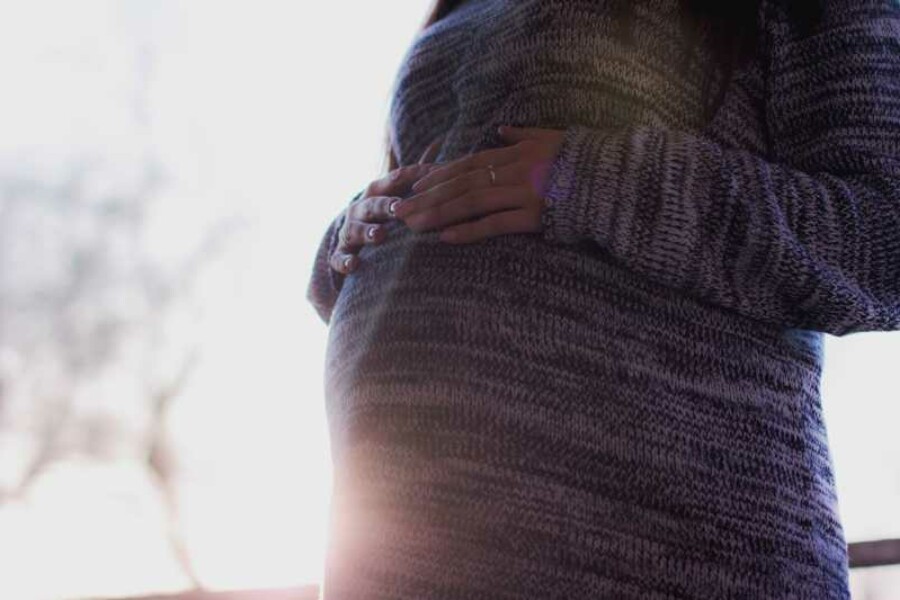5 Ways to Keep Varicose and Spider Veins at Bay During Pregnancy

Follow these tips to curb vein-related swelling, pain, and other complications throughout your pregnancy.
While pregnant women usually struggle with aches, nausea, and fatigue, many suffer from varicose and spider veins, as well. According to Aetna, 20 to 25% of adult women in developed countries have visible varicose veins, and pregnancy only aggravates the problem. Since the body’s volume of blood increases during pregnancy, it places greater stress on the blood vessels, especially in the legs, buttocks, pelvis, and feet, further straining the already dilated veins.
While varicose and spider veins rarely threaten a pregnant woman’s health, they can still cause considerable pain, frustration, and embarrassment. Luckily, venous issues like these are relatively easy to solve. Here are a few tips and tricks to help keep them under control.
1. Walk It Out
Taking several short works throughout the day will improve circulation in your body and decrease swelling in your veins. Women in the later stages of their pregnancies can also consider lower impact exercises such as swimming, yoga, and stationary cycling. Regardless, be sure to consult your OB/GYN before starting any new exercise regimen.
2. Don't Sit Still
While pregnant women need plenty of rest, sitting for extended periods can restrict blood flow and irritate your veins. If you need to relax, keep your blood moving by elevating your feet. Flexing and pointing your raised feet will also promote circulation.
3. Compress the Stress
You can reduce venous inflammation by wearing fitted compression stockings. These socks apply the greatest pressure at the bottom of the leg, encouraging blood flow from the ankles upward to the pelvic region. Just the stockings on before leaving bed in the morning and wear them throughout the day. You may even notice that the added pressure will alleviate aches in your feet.
4. Comfort First
Avoid restrictive clothing whenever possible, since elastic undergarments, tight belts, and ill-fitting shoes can aggravate spider and varicose veins. Wear looser clothing and accessories to ensure comfort and proper circulation.
5. Eat and Drink Right
Constipation can cause hemorrhoids (rectal varicose veins), so stay hydrated throughout the day to prevent strained bowel movements. Eating foods rich in fiber and low in salt will also limit bowel distress, help you maintain a healthy weight during pregnancy, and reduce swelling in your veins.
According to WomensHealth.gov, varicose and spider veins typically improve within three months of childbirth as hormone and blood levels normalize. If swelling does not subside, certain laser and heat procedures are available after pregnancy.
Be aware of tenderness, vein bleeding, rashes, sores, or changes in skin color. If you have any other concerns about your veins, make sure you consult a vein specialist during your pregnancy to assess your veins and lessen the risk of short-term pain and long-term damage.